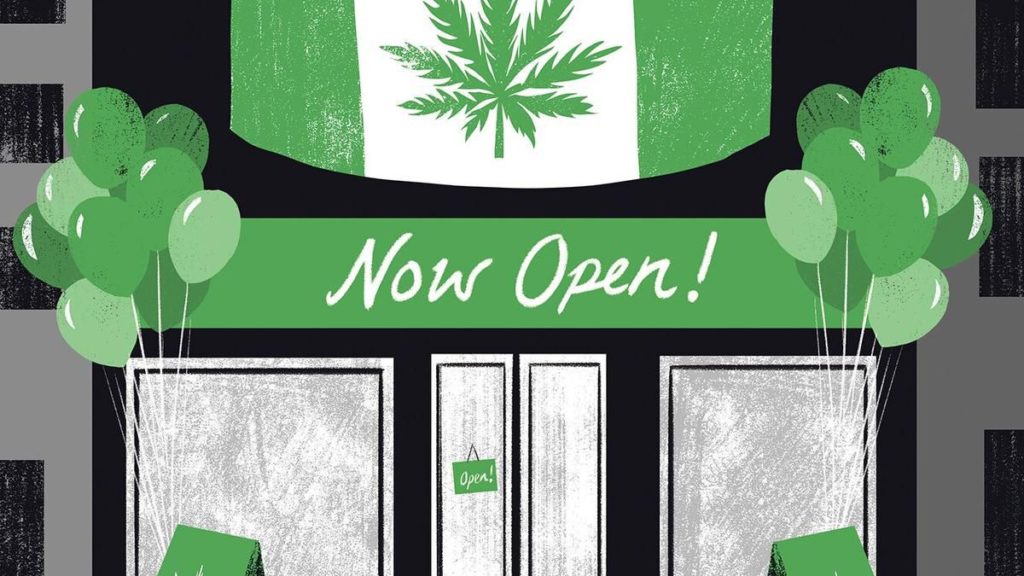As a criminologist, I evaluate the success or failure of our experiment with cannabis legalization by the impact of this policy shift on criminal justice outcomes.
In the two decades leading up to 2018, an average of almost 50,000 Canadians were arrested for cannabis possession and many more for other cannabis-related crimes.
As the Toronto Star has previously uncovered, the consequences of cannabis criminalization have also not been distributed evenly across the population.
One cannot embrace reconciliation, or claim to be advancing anti-racist policies, when the very people those agendas are intended to benefit are being disadvantaged for engaging in a behaviour so common among the general population.
Thankfully, legalization has brought with it a significant decrease in arrests for cannabis-related offences — just 1,378 for possession in 2020 .
This means that Canada’s strengthened impaired driving laws and greater resources given to police are resulting in higher rates of detection of the smaller pool of cannabis-impaired drivers.
These positives flow in, while evidence suggests that key areas of concern, namely increased rates of cannabis consumption, have not materialized.
And readers need not feel unease at what might seem like an even more drastic policy shift — drug prohibition is the anomaly, not the other way around.
Big hopes included curtailing illegal activity and ensuing ills of criminalization, educational opportunities to minimize cannabis use disorders and moving users away from smoking cannabis to safer modes of consumption.
I don’t dispute that there are some positives from legalization, but these small gains a success do not make.
After four years, having 42 per cent of consumers still purchasing in the illicit market means that many remain at risk of being criminalized and are working with criminal elements involved in marketeering of illicit substances and weapons.
Daily, or almost daily, cannabis use is a sensitive indicator of problem use potentially leading to the need for treatment.
In Ontario, the percentage of people reporting moderate to high risk of cannabis problems increased from 13 to 17 per cent in 2020.
Analysis of Ontario data suggests that since legalization there has been no significant change in cannabis associated health care utilization.
Much more education and training is needed to guide people to responsible, low-risk cannabis use.
These are worrying signs.
The government’s public health approach includes fairly tough regulation of cannabis promotion, but how successful are the restrictions? One very effective way cannabis companies are getting around restrictions is through brick-and-mortar cannabis stores.
Cannabis companies are certainly not neglecting online promotion either.
